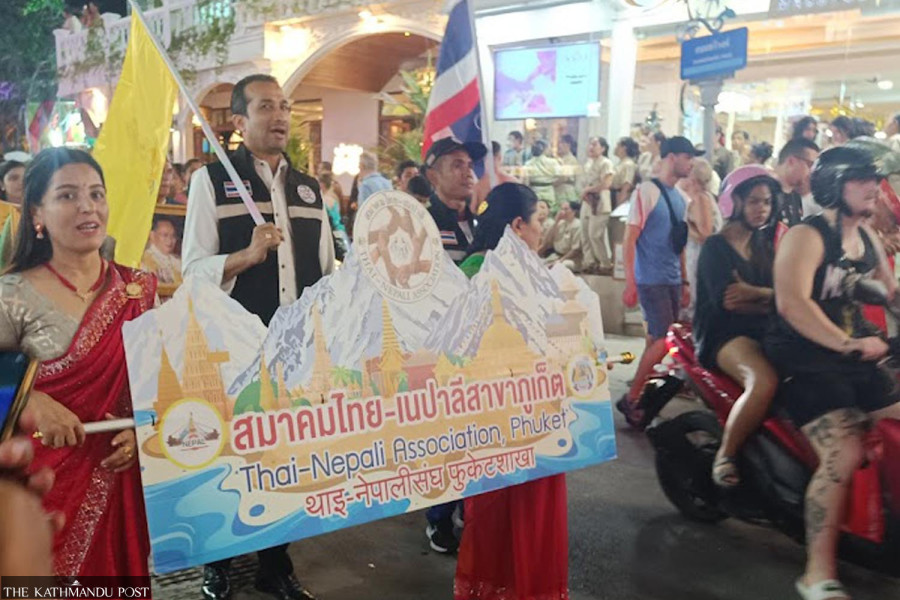National
Government working to issue identity cards for Nepali-origin individuals abroad
The new initiative aims to address long-standing demands for recognition by foreign nationals of Nepali origin.
Rajesh Mishra
The government has begun initiatives to issue identity cards to individuals and families of Nepali origin who have lived abroad for generations. Separate identity cards are being proposed for foreign nationals of Nepali origin who do not fall under the definition of a Non-Resident Nepali.
The Ministry of Law has initiated discussions on amending the Non-Resident Nepali Act, 2007, to facilitate this.
Currently, a law provides Non-Resident Nepali Citizenship with limited rights for Non-Resident Nepalis. According to Law Minister Ajay Kumar Chaurasiya, the government has initiated work to make laws to issue identity cards to foreign nationals of Nepali origin who have been residing in various countries for generations. Nepali-speaking communities in Thailand, Malaysia, Myanmar, and Fiji have advocated for these identity cards.
During the inauguration of the Non-Resident Nepali Global Conclave in Kathmandu on October 27 and 28, Prime Minister KP Sharma Oli expressed the government’s positive view towards the long-standing demands of Nepali-origin individuals living abroad for generations.
“These individuals wish to live with the dignity of being recognised as Nepalis,” said Oli. “They are not making major demands. All they seek is a dignified life with recognition of their Nepali heritage. Why hesitate over such a straightforward request? Let us work together to address this.”
The Non-Resident Nepali Act recognises foreign nationals of Nepali origin only if their families migrated abroad (excluding SAARC countries) at least three generations ago. The Act allows the government to issue identity cards to such individuals. Additionally, the Citizenship Act enables them to obtain Non-Resident Nepali citizenship, granting limited economic, social, and cultural rights.
However, the descendants of those who left Nepal a century or two ago are not recognised under the Non-Resident Nepali Act.
Kumar Karki, a Nepali-origin Thai, said his family migrated from Nepal to Myanmar around 120 years ago and later settled in Thailand.
“We are Nepali, and wherever we have lived, we have passed down the Nepali language, culture, and traditions from generation to generation. People in the places we live recognise us as Nepali or Gorkhali,” he said. “We want to remain connected to Nepal. We request that the Nepal government provide us with an identification card.”
He expressed frustration that the Non-Resident Nepali Act does not cover them. According to Karki, there are descendants of Nepali people who migrated generations ago to countries including Myanmar, Thailand, Malaysia, Brunei, Mauritius, and Fiji. “All we are asking is for the government of Nepal to recognise us as Nepali. We are not asking for any rights or citizenship,” he said.
He added that although many Nepalis have been residing in various countries for generations and have become citizens there, the respective countries still identify them as Gurkhas or Nepali on their identification documents.




 23.12°C Kathmandu
23.12°C Kathmandu












